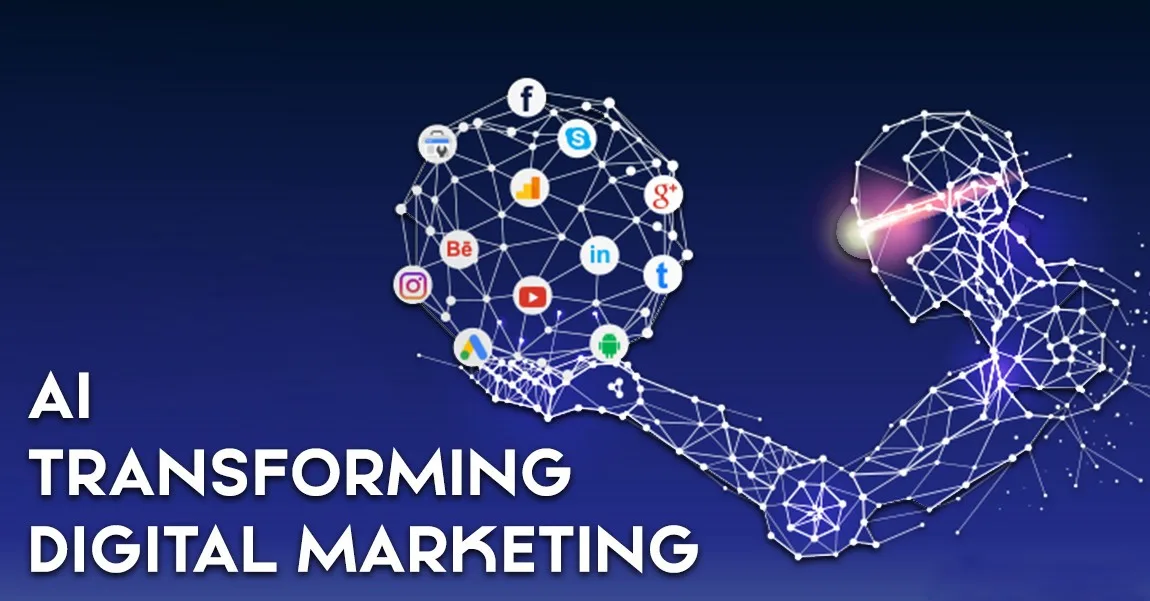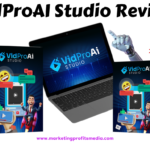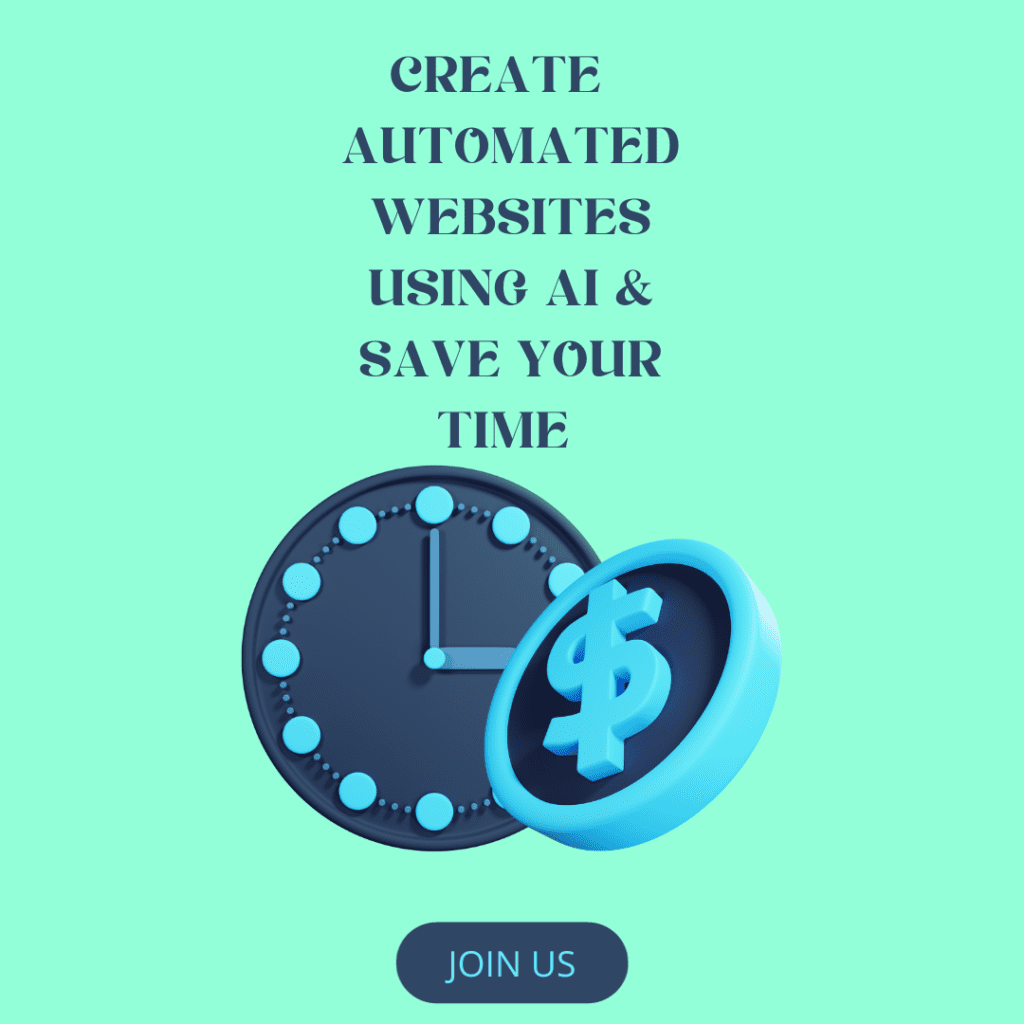Digital marketing cannot be fully replaced by AI, as creative and strategic human insights are crucial. AI can augment certain tasks, but it lacks human empathy and originality.
Embracing the digital era, marketing strategies have evolved significantly, with artificial intelligence (AI) playing an increasingly prominent role. Businesses leverage AI for data analysis, automated customer service, and targeted advertising, streamlining operations and boosting efficiency. Despite the technological advancements, the unique human elements of creativity, emotion, and ethical judgment remain indispensable in crafting compelling marketing narratives.
Companies must balance AI’s analytical prowess with the nuanced understanding that only human marketers can provide to forge meaningful connections with consumers. Digital marketing, at its core, is about storytelling and engaging an audience – tasks AI can support but not wholly replace due to its lack of genuine human empathy and innovative thinking.
The Ai Revolution In Digital Marketing
Artificial Intelligence (AI) is changing digital marketing. It allows brands to create better strategies. AI tools analyze data faster than humans. They also predict trends with more accuracy. This makes marketing smarter and more efficient. Let’s dive into the world of AI in marketing.
Emerging Ai Technologies Shaping Marketing
- Machine Learning: Tools learn and improve from data without being programmed.
- Chatbots: These provide instant customer service around the clock.
- AI Content Creation: AI creates content that feels personal and engaging.
- Predictive Analysis: AI predicts future customer behavior based on past data.
- Programmatic Advertising: AI automates buying and placing ads in real-time.
Impact Of Ai On Marketing Roles And Skills
AI is changing the skills needed in marketing. Marketers need to understand AI tools. They must know how to use insights from AI. Jobs are shifting towards those that AI cannot do. This means creativity and strategy are more important than ever.
| Old Skill | New Skill |
|---|---|
| Manual data analysis | AI-driven data interpretation |
| Basic customer service | Managing AI customer service tools |
| Simple content creation | Designing AI personalized content |
Analyzing Consumer Behavior With Ai
Digital marketing evolves with technology. Artificial Intelligence (AI) now plays a pivotal role in understanding customers. AI gathers data, identifies patterns, and anticipates behavior.
AI tools transform massive data sets into valuable insights. Marketers can tailor strategies to meet consumer needs better. Let’s explore how AI enhances our grasp on consumer behavior.
Leveraging Ai For Predictive Analytics
Predictive analytics empower marketers with foresight. AI algorithms analyze past consumer actions. They predict future behaviors. Businesses harness these insights to make data-driven decisions.
- Identify trends: Spot purchase patterns early.
- Personalize offers: Target users with relevant products.
- Optimize inventory: Stock based on predicted demand.
Enhancing Customer Insights Through Machine Learning
Machine learning digs deep into data. It uncovers what drives customer decisions. Marketers gain a nuanced understanding of their audience.
| Feature | Benefit |
|---|---|
| Automated Segmentation | Create focused groups for targeted campaigns. |
| Dynamic Pricing | Adjust prices in real-time for maximum conversion. |
| Churn Prediction | Identify at-risk customers and engage to retain. |
Machine learning continuously evolves strategies. It adapts to new data, making marketing efforts more precise and efficient.
Ai-driven Content Creation
Digital marketing is entering a new era with AI at the helm. Creating content with AI opens up a world of possibilities. With the latest tech, brands can generate articles, blogs, and social media posts in seconds. Let’s delve into the innovative world where AI not only aids but often leads the creative process.
Automating Content Generation With Ai Tools
Imagine streamlining the content creation workflow using sophisticated AI tools. These digital assistants can craft full-fledged articles, catchy headlines, and tailored content that resonates with audiences. They analyze data to identify trends, ensuring content is both relevant and engaging.
AI tools like GPT-3 and others understand context and semantics, making automated content more sophisticated than ever. Here’s a glimpse of what AI can do:
- Write product descriptions that convert
- Generate SEO-friendly titles and meta descriptions
- Compose personalized emails for marketing campaigns
- Create varied content formats for different platforms
The use of AI promises efficiency and speed in content production, essential in digital marketing’s fast-paced environment.
Pros And Cons Of Relying On Ai For Content
While AI-driven content creation is a game-changer, it’s not without its advantages and limitations.
| Pros | Cons |
|---|---|
| Increased productivity | Less human touch |
| Seamless content updates | Potential quality variability |
| Cost-effective | Overdependence on technology |
| Consistent output | Limited creativity in complex topics |
Deciding to use AI boils down to a balance between scale, pace, and personalization. It’s crucial to maintain a quality check. This ensures content retains authenticity and a genuine voice, striking a chord with the audience. If used right, AI can be a formidable ally in digital marketing.
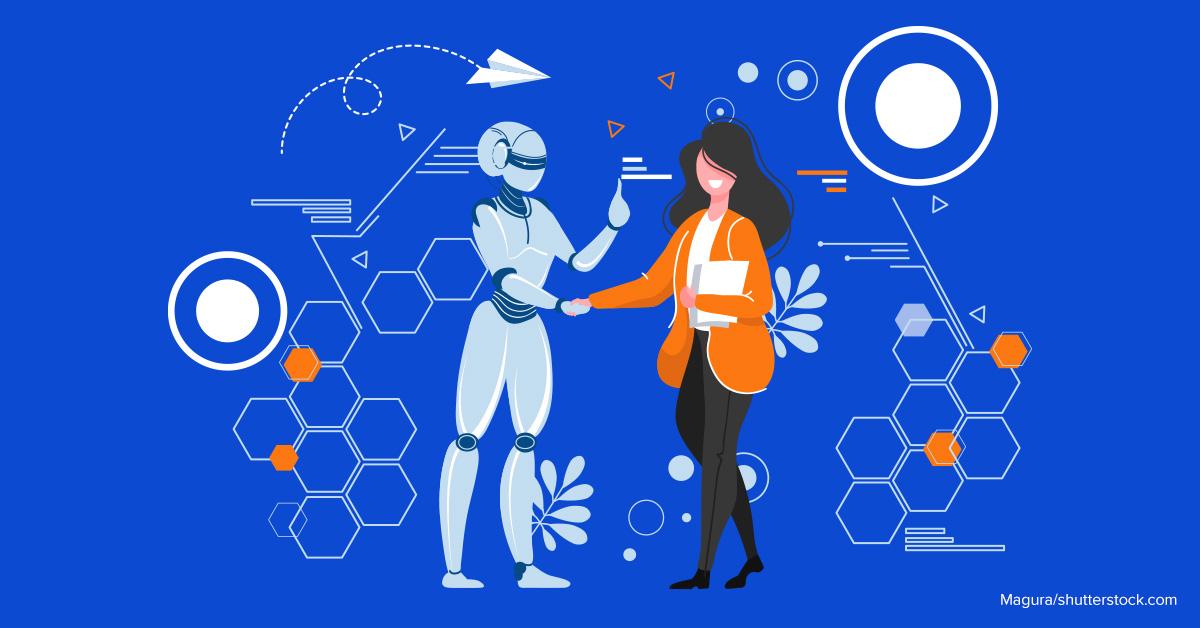
Credit: eightmedia.ph
Personalization At Scale
Imagine a world where every digital ad, email, and product recommendation is tailor-made just for you. This is not a dream. It’s ‘Personalization at Scale’ with AI. Advanced AI tools allow businesses to create unique experiences for millions of customers simultaneously.
Customizing User Experiences With Ai
AI shapes online journeys to make them feel one-of-a-kind. With AI, websites show content that matches individual preferences. This tech tracks user behavior, such as pages visited and items clicked. It then adjusts what it shows to create a ‘just for you’ atmosphere.
- Behavior tracking: AI monitors user actions for tailored content.
- Real-time adjustments: Websites change as users browse, thanks to AI.
- Continuous learning: The more users interact, the smarter AI gets.
Achieving Hyper-personalization In Marketing Campaigns
Hyper-personalization takes things up a notch. It combines AI with rich data to craft marketing messages that hit home. AI dives into past purchases, browsing habits, and even social interactions to craft pitches that resonate. Users feel understood and valued.
| Data Point | Usage in Hyper-Personalization |
|---|---|
| Past purchases | AI predicts future interests. |
| Browsing habits | AI fine-tunes product suggestions. |
| Social interactions | AI personalizes ads and content. |
With these tools, campaigns reach individuals with messages that feel crafted just for them. Conversions soar as customers recognize brands understand their needs.
- Analyze deep data for unique insights.
- Automate content creation with AI engines.
- Test and tweak campaigns for peak performance.
The Future Of Digital Marketing With Ai
The landscape of digital marketing is evolving at a breakneck pace, courtesy of artificial intelligence (AI). Marketing campaigns are becoming more efficient and intelligent. This progress prompts a vital question: What does this mean for the future of human marketers and the ethical landscape of the industry? Let’s dive into the exciting world of AI-powered digital marketing.
Will Ai Fully Replace Human Markers?
Artificial intelligence is transforming the way brands connect with audiences. From predictive analytics to chatbots, AI tools offer unprecedented efficiency. Yet, the human touch remains crucial. Creative thinking and emotional intelligence in marketing are irreplaceable AI cannot fully replicate these human elements.
The Ethical Considerations Of Ai In Digital Marketing
As AI becomes integral to digital marketing, ethical concerns also surface. Issues such as data privacy, customer manipulation, and the transparency of AI systems demand attention. Marketers must navigate these waters cautiously to ensure trust and maintain a positive brand image. It is vital to establish guidelines that uphold ethical practices in an AI-driven digital landscape.
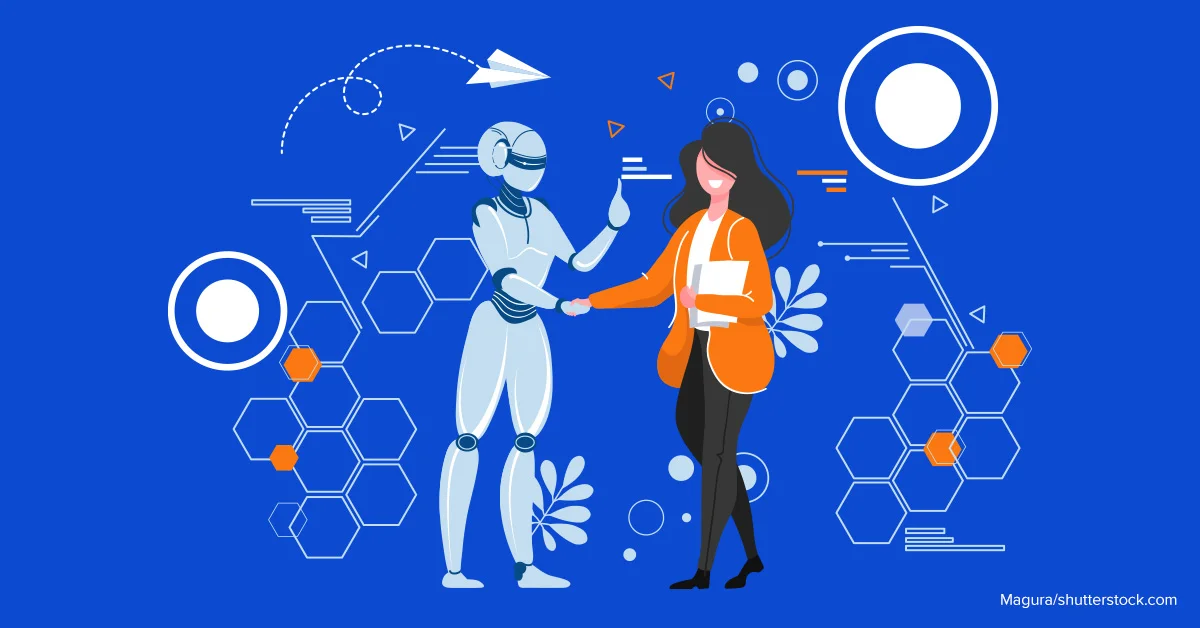
Credit: eightmedia.ph
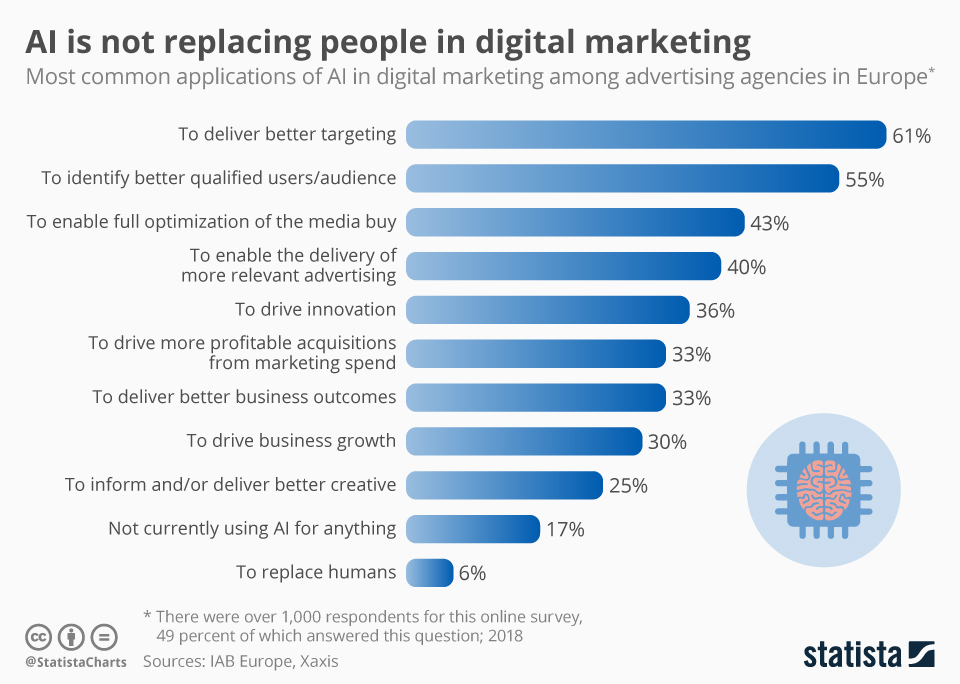
Credit: www.statista.com
Frequently Asked Questions Of Digital Marketing Can Be Replaced By Ai
Can Ai Fully Replace Digital Marketers?
No, AI cannot fully replace digital marketers. AI excels at analyzing data, identifying patterns, and automating repetitive tasks. However, strategy development, creative content creation, and understanding nuanced human behavior still require the human touch of skilled marketers.
How Does Ai Enhance Digital Marketing Efforts?
AI enhances digital marketing by providing advanced data analysis, automated customer segmentation, personalized content delivery, and predictive customer behavior modelling. These capabilities allow marketers to create more effective and targeted campaigns.
What Are The Limitations Of Ai In Digital Marketing?
AI in digital marketing is limited by its inability to perform complex creative tasks, understand cultural nuances, and build genuine human relationships. It relies on data input, which if flawed, can reduce the effectiveness of AI-driven initiatives.
Will Ai Impact Seo Strategies?
Yes, AI will impact SEO strategies by introducing advanced algorithms that can better understand user intent, provide more personalized search results, and optimize website content in real-time. Marketers will need to adapt to AI-centric SEO techniques to maintain visibility.
Conclusion
As the digital landscape evolves, so does the potential of AI in marketing. It’s clear that artificial intelligence is becoming a game-changer. Yet, human creativity and strategic insight remain irreplaceable. Embracing AI tools can elevate our digital strategies, but the core of marketing still requires the human touch.
The blend of technology and personal expertise will propel the industry forward.
